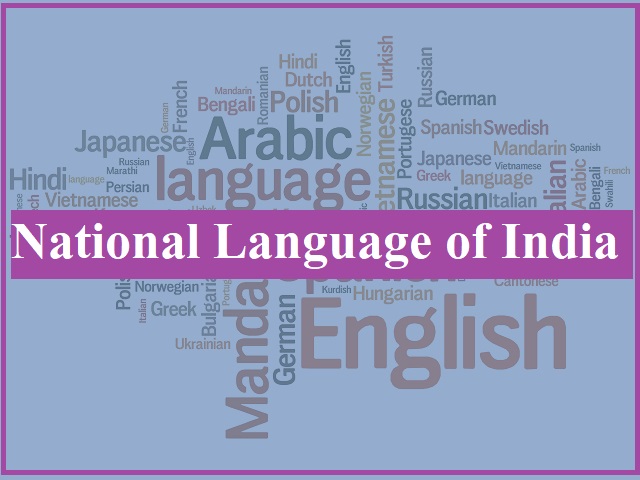The term "National" in the context of symbols like the
National Anthem,
National Animal,
National Bird,
National Sport,
National Language, and
National Religion signifies the designation of these elements as representative of a collective identity, culture, or heritage of a country. It is an official recognition that these symbols have a significant association with the history, values, and ethos of the nation, and they are used to promote unity and pride among citizens. In a diverse nation like India, the term "National" takes on the additional role of being a unifying symbol, embracing the variety within the country and offering a sense of common identity.
What does "National" mean in the context of a diverse country like India?
In India, a diverse and multi-cultural country, the term "National" emphasizes elements that are seen as symbols of unity, transcending individual regional, linguistic, cultural, or religious differences. For example, the
National Anthem is sung in schools and public places to remind citizens of their shared identity as Indians, irrespective of their individual backgrounds. Similarly, the
National Tiger and
National Bird are chosen for their significance in the country’s natural heritage and reflect India's diverse biodiversity.
What is "National" about Hockey?
Hockey was declared India's National Sport because of its historical significance in the country. India has a long and proud legacy in field hockey, having won multiple Olympic gold medals in the sport. The sport is deeply embedded in Indian culture, with its history stretching back to the British colonial era. Hockey has been a source of national pride, especially when India’s teams have achieved global success.
What is "National" about the Tiger?
The
Bengal Tiger was declared the National Animal of India because it symbolizes strength, power, and grace. The tiger is also an endangered species, making it an emblem of the country's biodiversity conservation efforts. Its presence in various regions of India, its association with the country's forests, and its importance in Indian mythology and symbolism give it a national character. The tiger is recognized as a key part of India's wildlife heritage and identity.
What is "National" about the Peacock?
The
Indian Peacock was chosen as the National Bird because of its beauty, cultural significance, and wide presence across the country. The peacock is a symbol of grace, beauty, and the rich diversity of India’s wildlife. It is also associated with Indian mythology, being linked to deities like Saraswati and Kartikeya. As the National Bird, it serves as a representation of India's natural splendor and cultural symbolism.
What is "National" about Hinduism?
Hinduism is considered the
dominant religion in India, with the majority of the population identifying as Hindus. However, India is a secular country, meaning that while Hinduism plays a significant role in shaping the country's culture and heritage, the state does not recognize it as the official religion. The significance of Hinduism in India lies in its influence on the country’s history, philosophy, art, and social structure. The term "National" in relation to Hinduism reflects the cultural and historical context in which it has developed, although it is not legally or officially the national religion.
What is "National" about Hindi?
Hindi was chosen as the National Language of India because it is one of the most widely spoken languages in the country, and it serves as a means of communication across various states. Hindi, written in the Devanagari script, has historical roots and is part of the larger family of Indo-Aryan languages. While there are many regional languages in India, Hindi has been recognized as the link language to promote national unity and communication among people of different linguistic backgrounds. It represents the linguistic diversity of India, while serving as a unifying language for the country.
In summary, the use of "National" refers to the idea that these symbols—whether they are animals, sports, languages, or religions—represent a shared sense of identity, pride, and unity for all citizens. In India’s case, these symbols encompass the country’s rich diversity while also promoting the notion of a unified nation. While the "National" tag does not imply that these elements are universally representative or exclusive to all Indians, it indicates their significance in the cultural, historical, and natural landscape of the country.


